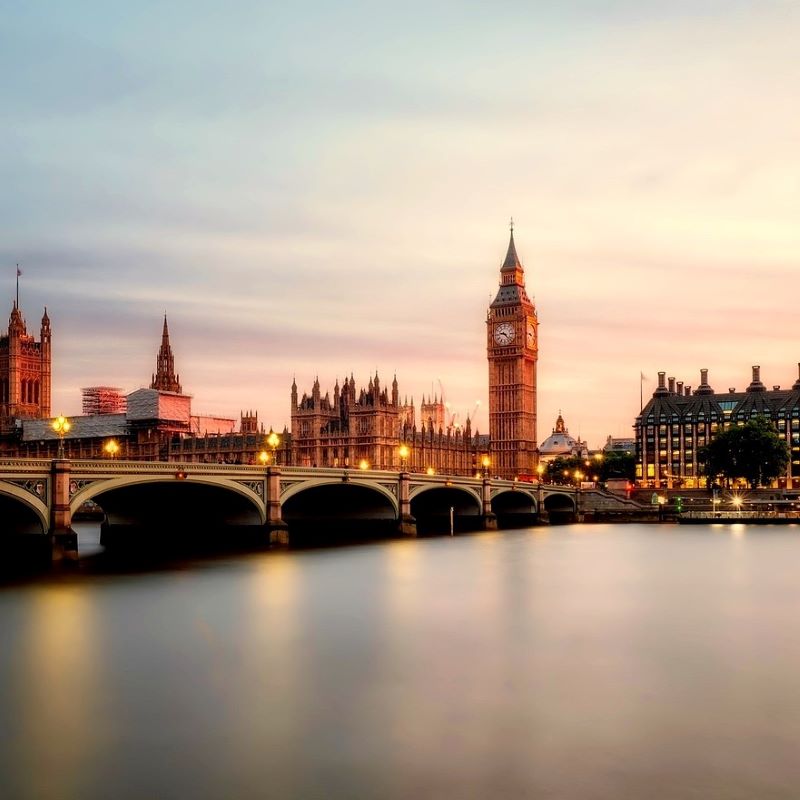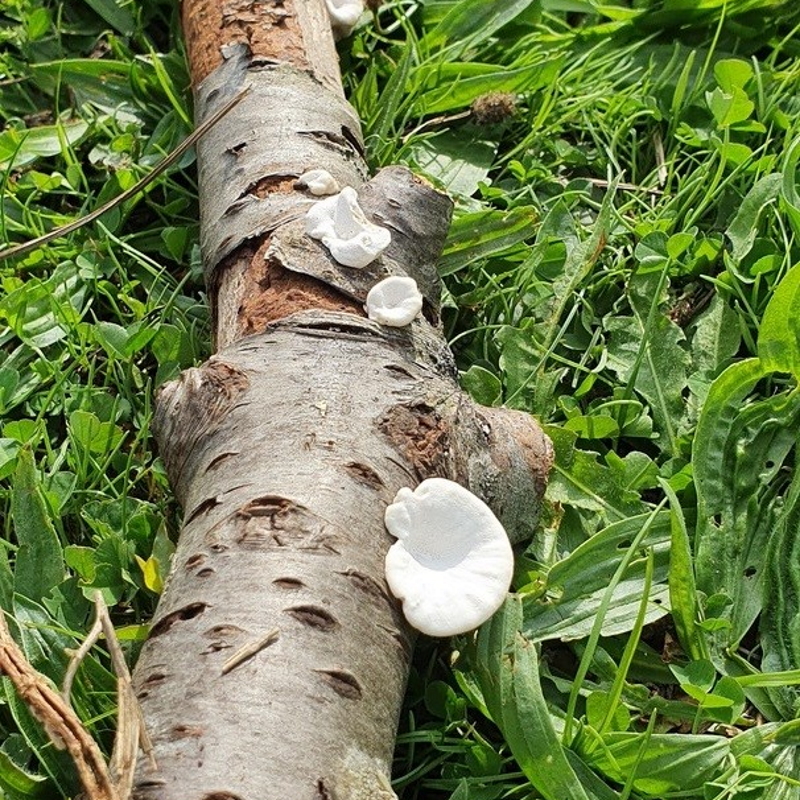Students from Northfleet Technology College visited Parliament to ask questions and share their exciting research with a mock select committee of MPs, as part of the Tomorrow’s climate scientists programme funded by the Royal Society’s Partnership Grants scheme.
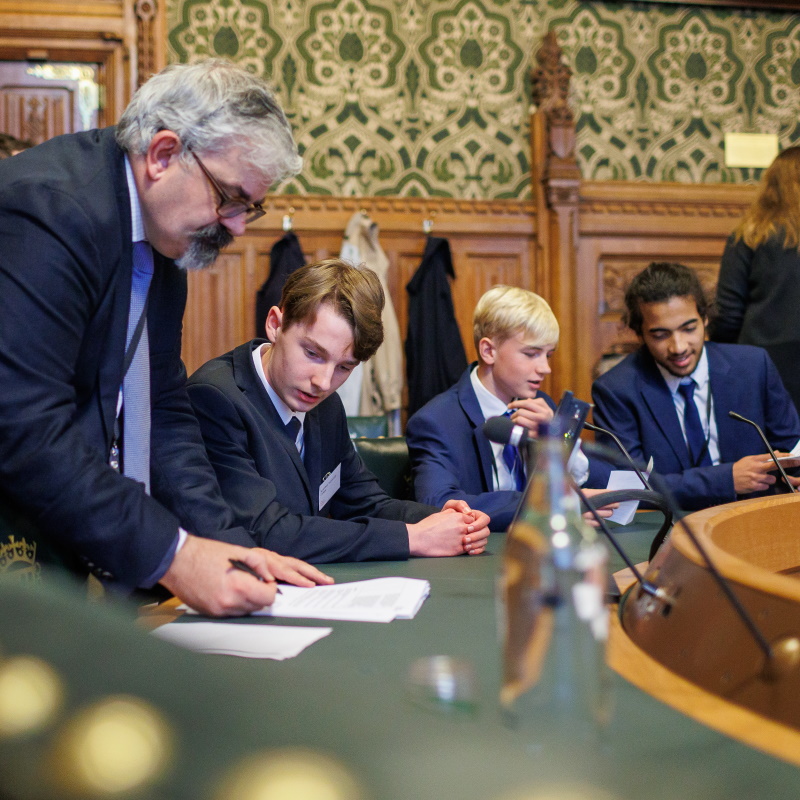
Select committees are small groups of MPs or members of the House of Lords that are set up to investigate a specific issue in detail or to perform a specific scrutiny role. They may call in ministers, officials and experts for questioning and can demand information from the government. Select committees either shadow an entire government department, or focus their work on a specific policy area, such as climate change. They publish their findings in a report and the government is expected to respond to any recommendations that are made.
The aim of our mock select committee session was to give students a first-hand experience of how Parliament works from a parliamentarian’s perspective, while engaging directly with politicians to find out what they are doing to help protect the future of the planet. The students here played the role of committee members and the Royal Society invited witnesses (MPs) to ‘provided evidence’ and answered their questions, based on the climate change projects they have been undertaking at school.
Apart from Northfleet Technology College, four other Tomorrow’s climate scientists’ schools from the UK also attended the mock select committee. In this session the policy makers answering the questions were MPs Wera Hobhouse, the Liberal Democrat Climate Change Spokesperson, Alex Norris, Labour Shadow Levelling-up Minister, and Phillip Dunne, Conservative Chair of the Environmental Audit Committee.
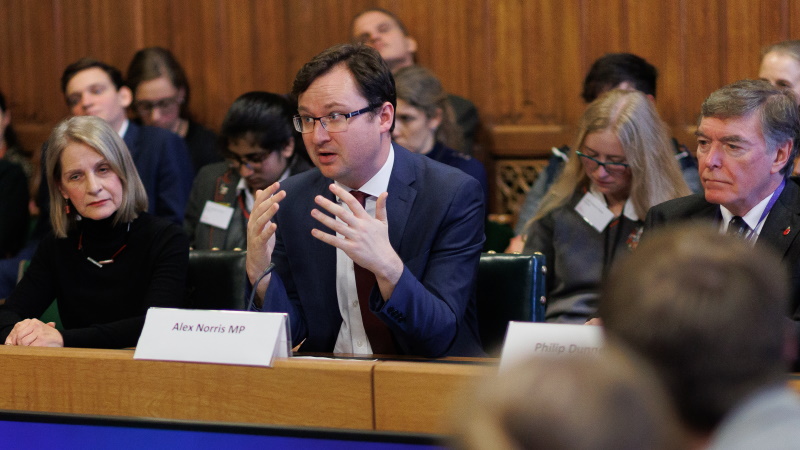
Michael Jones, the lead teacher from Northfleet Technology College, who is running a Partnership Grant project looking at the variety and complexity of wildlife and plants in their local Nature Reserve, shares his experience of the event:
"On 14 November, Northfleet Technology College represented itself as leaders in climate change. Four of our Sixth Form Geography students discussed climate change with members of Parliament at the Houses of Parliament. The students each posed a question to the MPs. MPs and others were impressed by the questions and maturity of the students. I was, as they say, ‘blown away’.
We are a community that not only ‘talk the talk’ but actions it. One of the major themes was the need to plant more trees. Well, 25 November is our Big Plant - 420+ trees are being distributed around the nature reserve. This is a truly legacy event, providing carbon capture and an environment to encourage biodiversity at a time when action is needed.
Climate change, sustainability and biodiversity loss are geographic issues that go hand in hand, and impact people and the environment at a variety of levels; locally, nationally and internationally. Our Geography students who attended this event and engaged in conversation and debate with the mock select committee demonstrated the passion they have for the subject and for holding decision-makers to account to tackle this huge global issue."
Here are the views of the four students:
Cassius D - "It was an incredible opportunity for us to be able to raise important issues to people in power who actually have the ability to make a genuine difference. I think it was important for us to do it as it is an issue that is likely to have a great impact on me and people of my generation for the foreseeable future and this was a chance to get a proper insight and gain awareness for any future plans that are being made in an attempt to rectify the damage that has been done to the planet."
Louis P - "The experience was really interesting. We were given a tour of the Houses of Parliament where we visited the House of Commons and the House of Lords, which was really informative and interesting. We then had the opportunity to speak to different MPs and question them on the important issues of climate change and how the government planned to address them. This was a really valuable experience hearing how each MP's views and opinions differed."
Ben A - "The issues that we raised are very important and will affect everyone in the future. It was good that we younger people were able to voice our concerns and issues to the government through the climate change select committee. It was also good to know that the government is listening to what we are doing and taking some of our concerns on board and raising them to the whole of government and investigating the issue themselves."
Ben F - "It was a great experience getting to talk with the MPs about a very important topic that is affecting us and future generations to come. It was a good idea to get the youth involved as climate change is ruining the Earth, which is being damaged faster than it is being repaired. In our school we are planning to plant 420 trees in our own nature reserve, where we are hoping to make a difference because everybody has to start somewhere and do our bit to make a change."
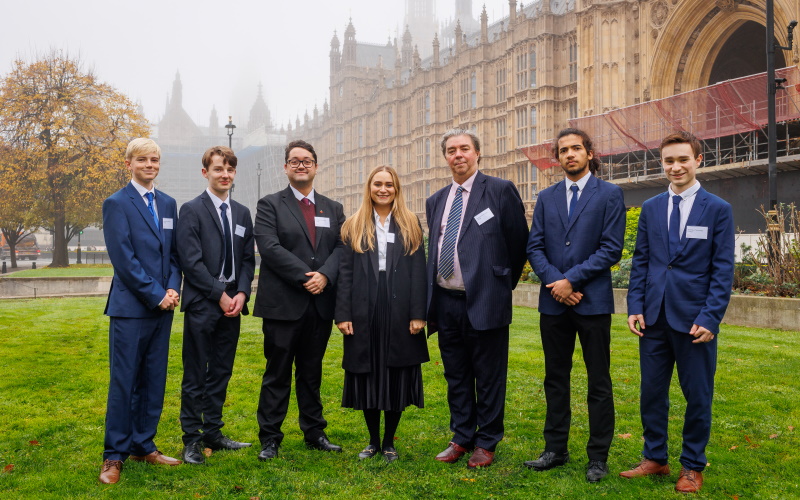
Find out more about other projects and further details about the Tomorrow’s climate scientists.


